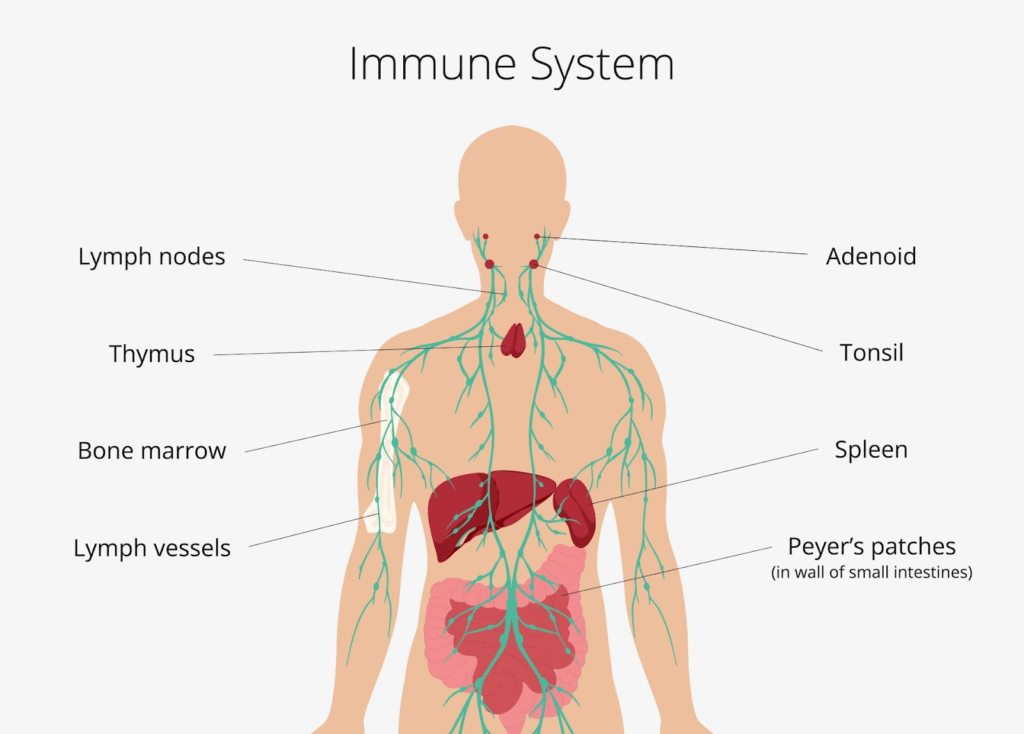The inability to sleep soundly for the duration normally required by the body is called insomnia. The disorder has many causes, and it may be transient or persistent, if it lasts more than a few days.
Women are more susceptible perhaps because they undergo hormonal changes more intensively and frequently than men. Insomnia may be brought about by a sedentary lifestyle or an underlying medical condition. Insomnia can be the side effect of prescribed medication or be a natural part of the process of aging. Like many phenomena, insomnia may well be the outcome of a confluence of factors.
Some of the known causes of transient or intermittent insomnia are emotional stress, crossing over time zones and such environmental stressors as increased noise levels, temperature variations of more than a few degrees, and excessive light. Something as mundane as traffic noise or second-hand snoring can make sleep temporarily elusive. There may even be instances when sleeplessness is learned behavior.
Medication is generally not recommended for transient insomnia since, being temporary, it will go into remission by itself or when the individual acts to bring about appropriate situational changes.
Chronic or permanent insomnia is more serious. In general, its severity will be determined to a large extent by what the underlying causes are. Sufferers of chronic or permanent insomnia need to consult with a health professional who can help narrow down possible sources of the disorder. Sometimes, obtaining relief from insomnia can be as simple as refraining from ingesting caffeine a few hours before bedtime.
The causes of persistent insomnia vary considerably and may come in combination. Lifestyle factors include narcotics and caffeine habit, and shifts in work hours. Psychological sources of the condition include anxiety and depression. Kidney and heart troubles, restless leg syndrome, Parkinson’s disease, asthma and sleep apnea are candidates for underlying physiological cause of insomnia.
The process of pinpointing an underlying causative factor may require many tests and evaluations, but these tests have to be done. Once known, the cause of insomnia may be treated by medication or via a behavioral approach.
Because sleep has subjective elements to it, diagnosing insomnia can sometimes be more complicated than searching for an underlying cause. What may be adequate slumber for one person may be deprivation for another. Telltale signs of sleeplessness include declines in alertness and in the faculty of concentration. Sleep journals and sets of questions relating to sleep or its lack are evaluative tools that may help the specialist arrive at an accurate diagnosis.





More Stories
Health News Insights for Smarter Living
Health News Tips for a Stronger You
Essential Health News for Modern Living